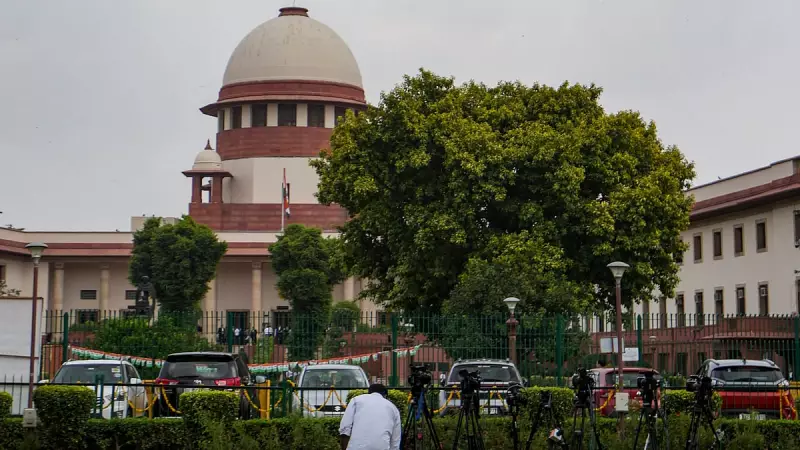
In the bustling corridors of India's judicial system, the Supreme Court's traditional vacation periods often face public scrutiny and criticism. However, these breaks serve a far more crucial purpose than meets the eye - they are essential for maintaining the quality and efficiency of justice delivery in the world's largest democracy.
The Hidden Work Behind Judicial Breaks
Contrary to popular perception, Supreme Court vacations aren't extended holidays for judges. These periods allow justices to engage in critical judicial work that cannot be accomplished during regular court sessions. The break provides invaluable time for:
- Writing detailed judgments on complex cases
- Conducting thorough legal research
- Reviewing extensive case documents and precedents
- Planning future court strategies and reforms
Addressing the Workload Challenge
The Indian Supreme Court handles an enormous caseload that would overwhelm any judicial system. With thousands of cases pending and new matters filed daily, the continuous pressure of court hearings leaves little room for the reflective work that quality judgments require.
The vacation system enables judges to catch up on judgment writing, ensuring that each decision receives the careful consideration it deserves. This structured break pattern actually enhances the court's overall productivity rather than diminishing it.
Historical Context and Modern Relevance
The tradition of court vacations dates back to the British era, but its continued relevance in contemporary India cannot be overstated. While some critics argue for eliminating these breaks, doing so could compromise the very quality of justice that the public rightfully expects.
The system has evolved to include vacation benches that handle urgent matters, ensuring that essential judicial functions continue uninterrupted even during recess periods.
Sustaining Judicial Excellence
Judicial work demands intense mental focus and intellectual rigor. Continuous court proceedings without adequate breaks would lead to burnout and potentially reduce the quality of judgments. The vacation system serves as a necessary mechanism for:
- Preventing judicial fatigue
- Maintaining high standards of legal analysis
- Ensuring well-reasoned, comprehensive judgments
- Providing time for professional development and legal scholarship
Rather than viewing Supreme Court vacations as privileged time off, we should recognize them as essential components of a functioning judiciary that prioritizes quality over mere quantity of case disposal.






